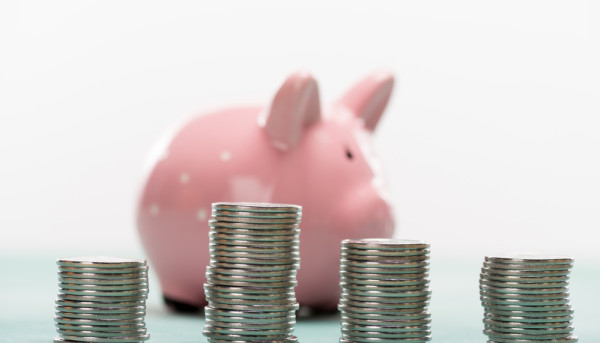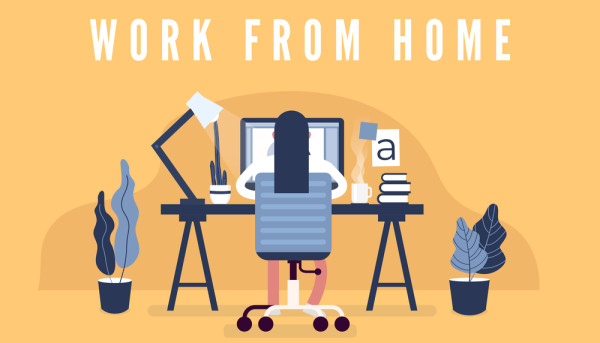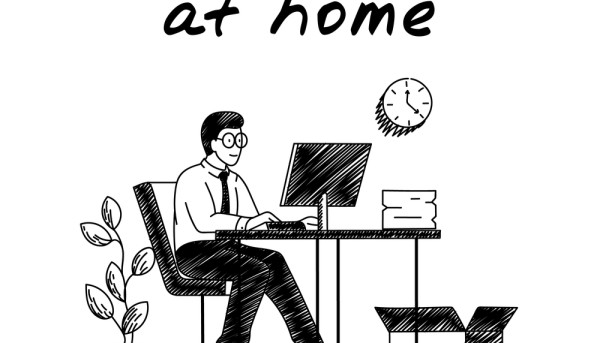Automating Your Finances - Set It and Forget It
Automating routine financial tasks may help ease some of the stress involved with bill paying, saving and investing.
Make sure that before signing up for automatic transfers, you have an understanding of your money's movements in and out. Otherwise, this could result in unexpected bill surprises or damage to your credit rating.
Pay Your Bills
As soon as automating your finances becomes a priority, the first step should be setting all bills and payments up on auto-payment. This removes the stress of forgetting payments or wondering whether there's enough in your account to cover them, while aligning with the "pay yourself first" philosophy whereby a portion of each paycheck goes straight into savings or emergency funds as soon as it arrives in your account.
At the same time, automation should never replace manually monitoring accounts; you should still leave some room in your checking for manual payments or transfers. Most banks offer alerts so you can stay on track with payments and bills on time by setting them. This way, automation doesn't replace manual monitoring; rather, it provides extra reassurance.
Pay Yourself
Automating certain money tasks may save time and effort, but it should not become an all-or-nothing strategy. As always, be mindful of what your spending, saving and budget looks like from day one.
Establishing straightforward systems can make budgeting, paying bills on time, and saving more easier. Research suggests that once you develop good financial habits, this starts to alter your self-perception positively.
Many fintech apps and autopay portals allow you to adjust payment dates so they fit with your cash flow, eliminating overdraft fees or insufficient funds charges. Furthermore, set alerts and notifications on spending, balances, transactions or changes so you stay engaged and aware. Doing this regularly may help identify potential issues before they become serious; taking the time to create these alerts could save many financial headaches!
Make a Savings Goal
Automating your finances can help you achieve savings goals more easily by eliminating manual calculations and making it easy to stick with a savings plan. But first, you must establish a budget.
By setting up automatic payments for bills and credit card bills, you can ensure they will always be made on time each month and avoid late fees or damage to your credit score. Not having to worry about missed payments is sure to give peace of mind and reduce stress levels!
As with anything, however, it's wise to monitor your automated payments on a regular basis to ensure they continue running as intended. Switching banks or altering your contributions could necessitate alteration to your automatic payments; additionally it would be prudent to review them at least annually in order to make sure they still fit within your budget and needs.
Track Your Spending
Automation can save both time and money, but it's still essential that you remain aware of how you are spending. Review your accounts regularly or whenever there's been a major shift in your financial status to stay aware of where your money is going. One helpful way of tracking expenses is dividing them up into fixed and variable categories - fixed expenses such as rent or utilities are set each month while variable expenses such as eating out or buying clothes vary on an almost daily basis.
Automating your finances removes tedious work from your to-do list and can help prevent late fees, credit score dings and added stress. In addition, automating finances allows for more fun tasks like setting and adjusting goals as well as exploring your bank account more closely - plus it can establish great savings and investing habits!











